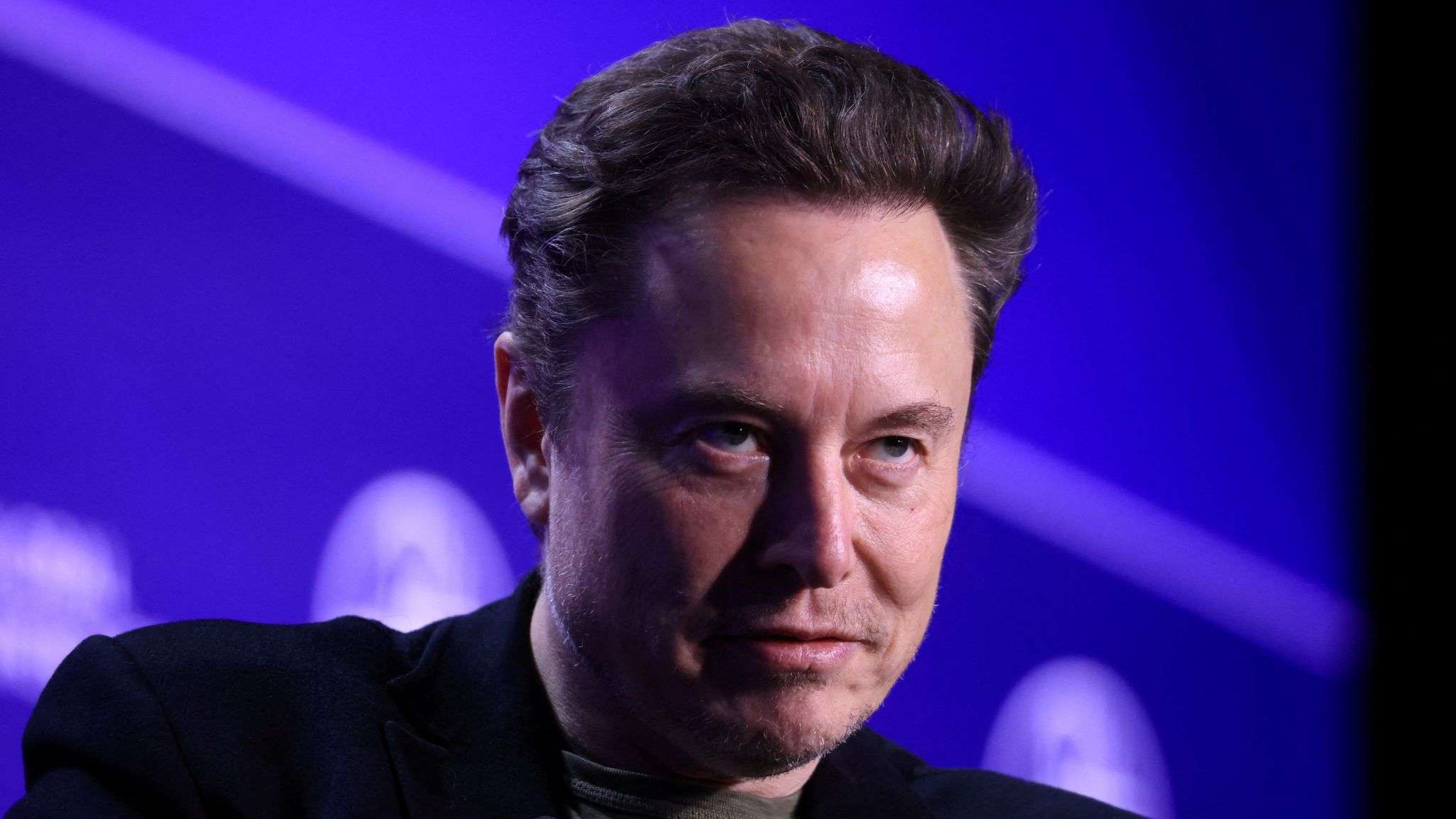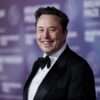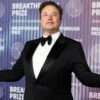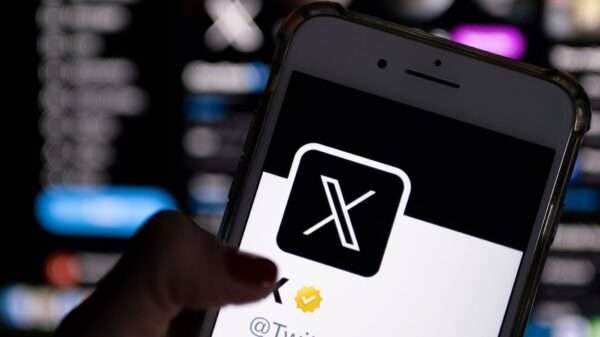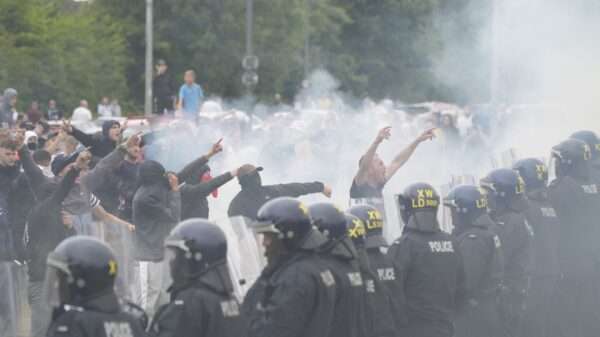Shareholders of Tesla are being encouraged to reject a proposal to award CEO Elon Musk a compensation package worth up to $56bn (£44bn). If approved, this would be the largest ever payout for a US CEO.
Institutional Shareholder Services (ISS), a proxy advisory firm, has labeled the proposed amount as “excessive” and expressed concerns that it would not enhance Musk’s focus on Tesla. This comes amidst worries that Musk’s attention is being divided by his other ventures, including SpaceX and X, formerly known as Twitter.
Tesla has recently faced challenges such as declining revenue, product recalls, and layoffs. The decision on Musk’s compensation will be made at Tesla’s annual general meeting on June 13. Shareholders will also vote on whether to move the company’s incorporation to Texas, following a Delaware judge’s blockage of a previous attempt to award Musk the multi-billion dollar figure.
Other advisory proxies have also suggested that shareholders reject the proposed payout, viewing the vote as a referendum on Musk’s leadership. The compensation package is structured to reward increases in Tesla’s market value to as much as $650bn (£510bn) over a decade from 2018. Tesla’s current valuation is nearly $570bn (£445bn).
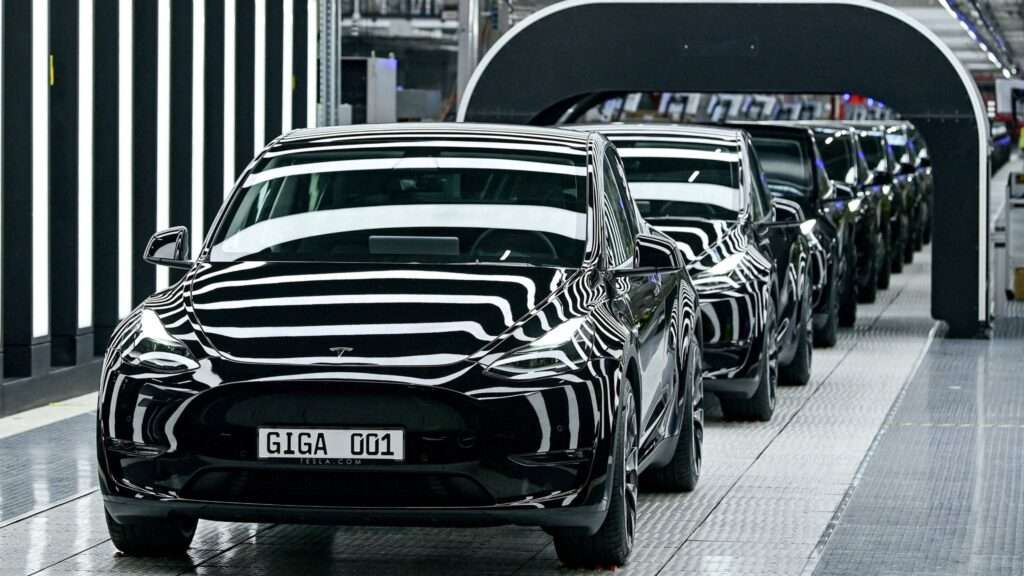
In a report, ISS acknowledged that the compensation package could reflect Tesla’s significant financial growth, but maintained that it remains excessive. The advisors argued that the proposed amount fails to meet the board’s original objectives of aligning Musk’s focus with the interests of Tesla shareholders and closely tying his financial interests with those of the company’s stockholders.
Tesla has defended the proposed compensation, arguing that Musk has created wealth for shareholders because he has “skin in the game”. In response to similar criticisms earlier this week, the company stated that Musk had helped it achieve performance targets that many considered extremely challenging or impossible.
The debate over Musk’s compensation comes as Tesla’s quarterly revenue fell in April for the first time in nearly four years. Increased competition from China, a slowdown in demand for electric vehicles, and controversies surrounding Musk have been cited as reasons for the company’s recent struggles.
In addition, Tesla announced a recall of over 125,000 vehicles in the US last Friday to address issues with seat belt warning systems. US officials stated that the alerts, which are designed to remind drivers to fasten their seat belts, were not functioning as expected and did not comply with safety regulations, thereby increasing the risk of injuries in the event of a crash.
































